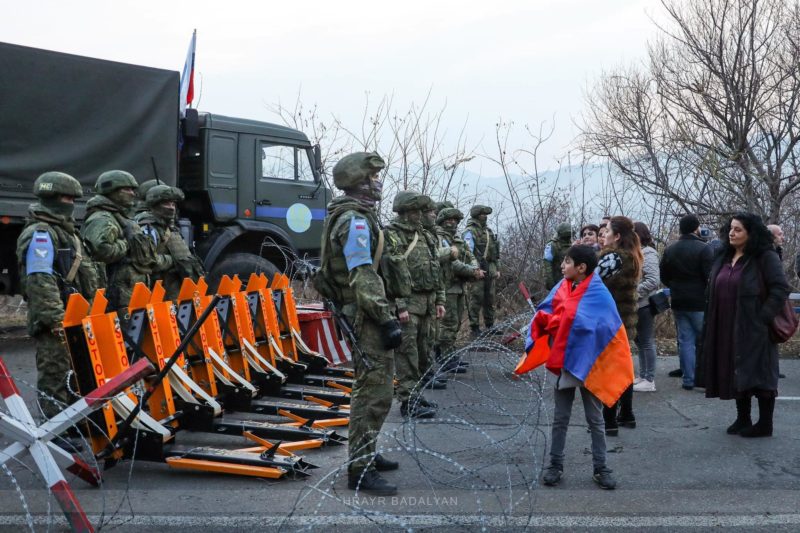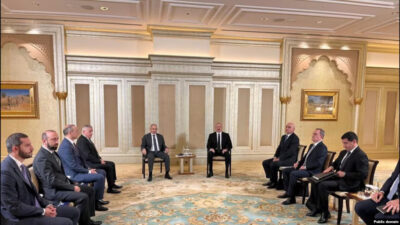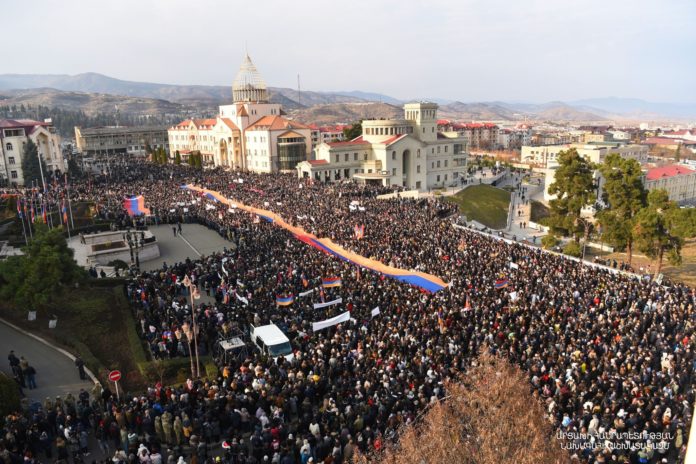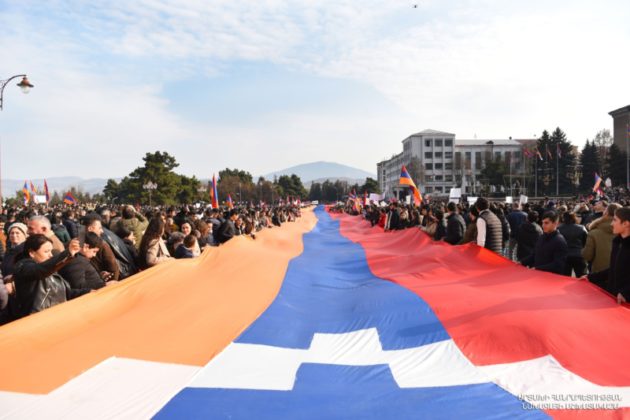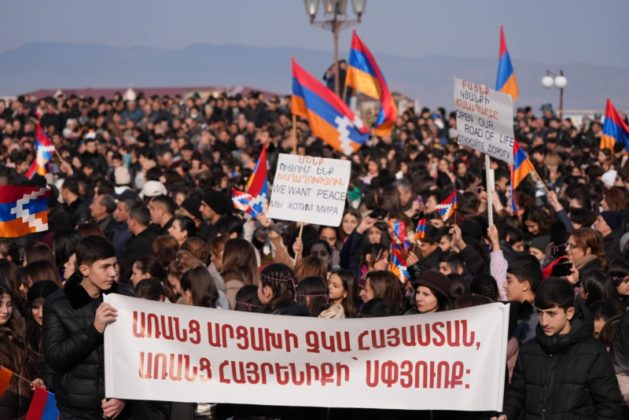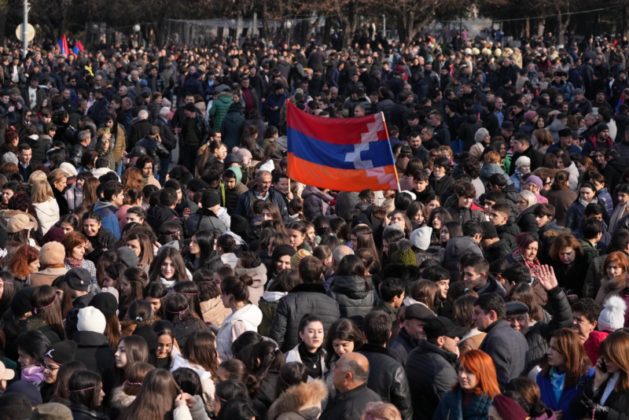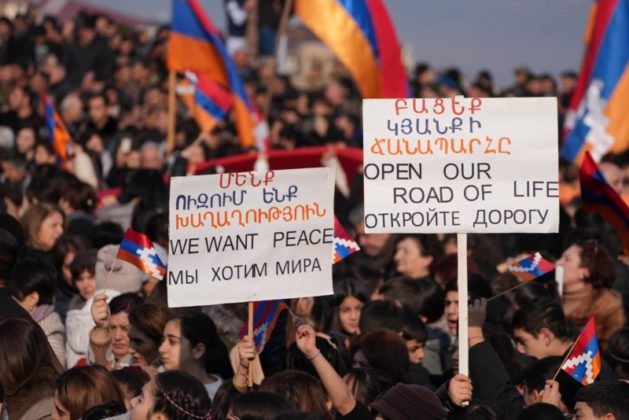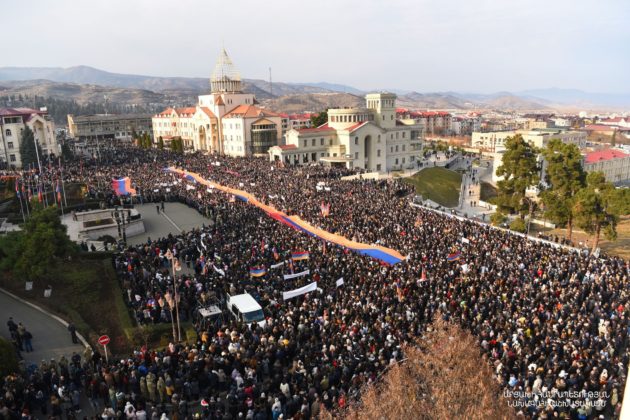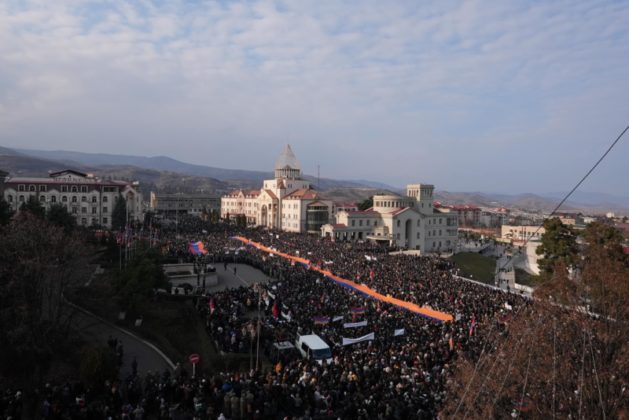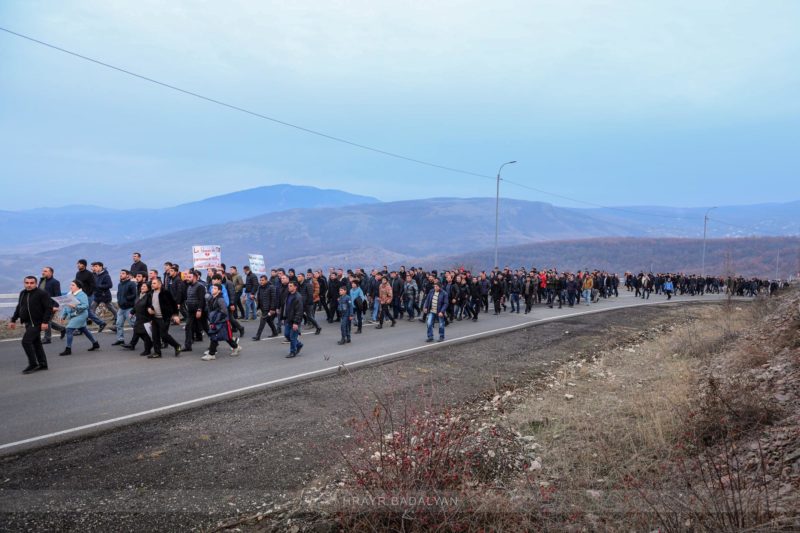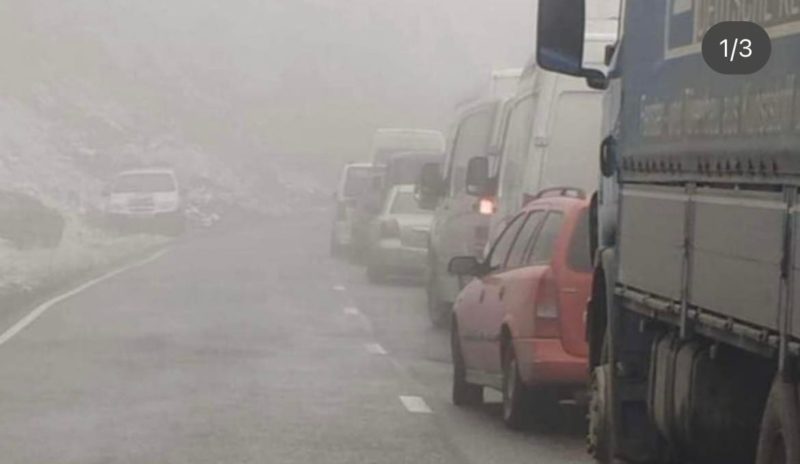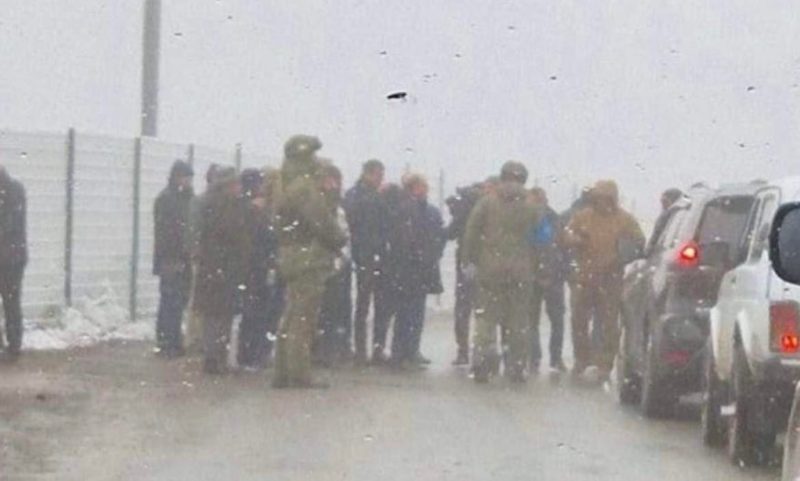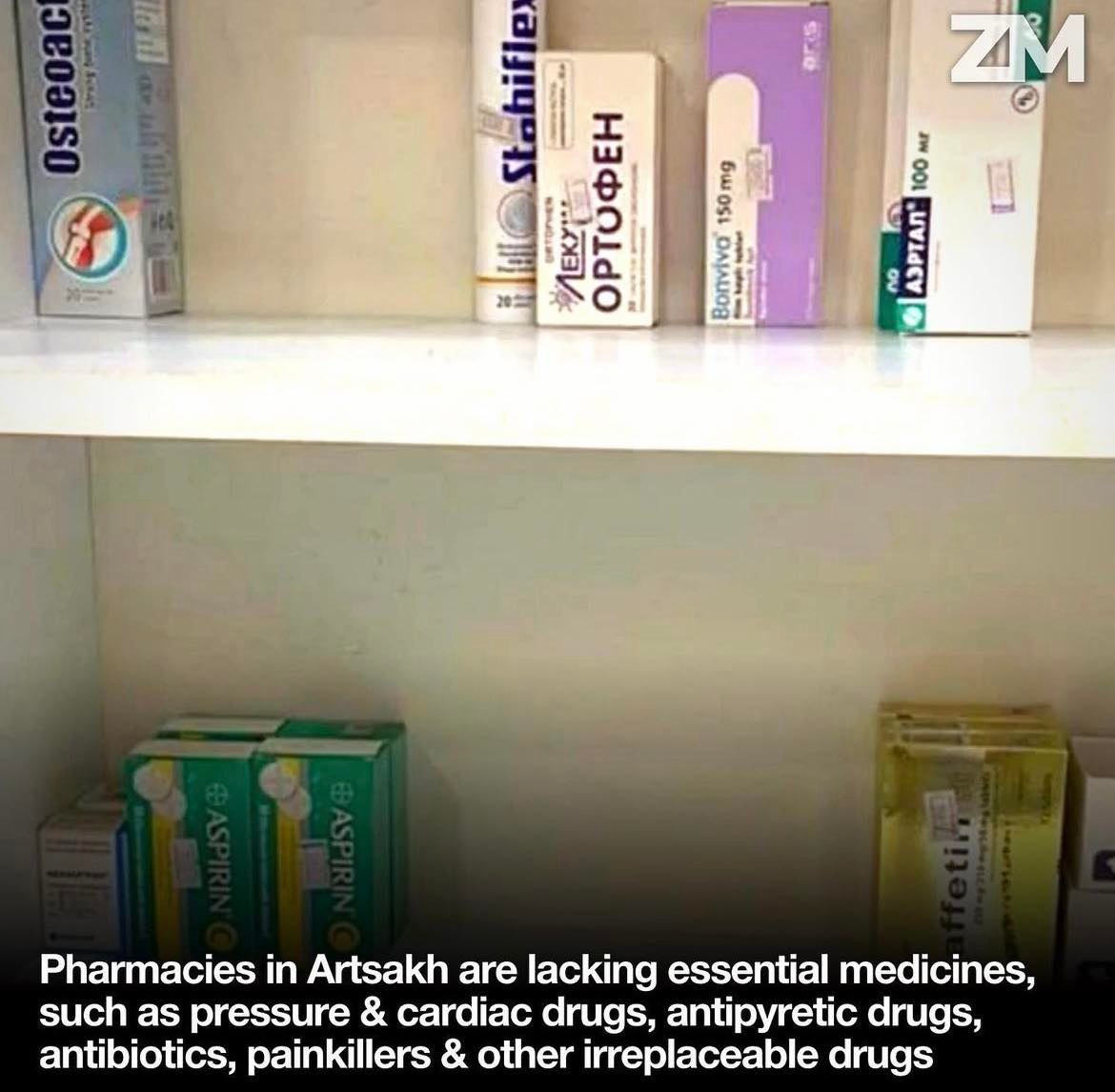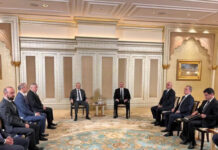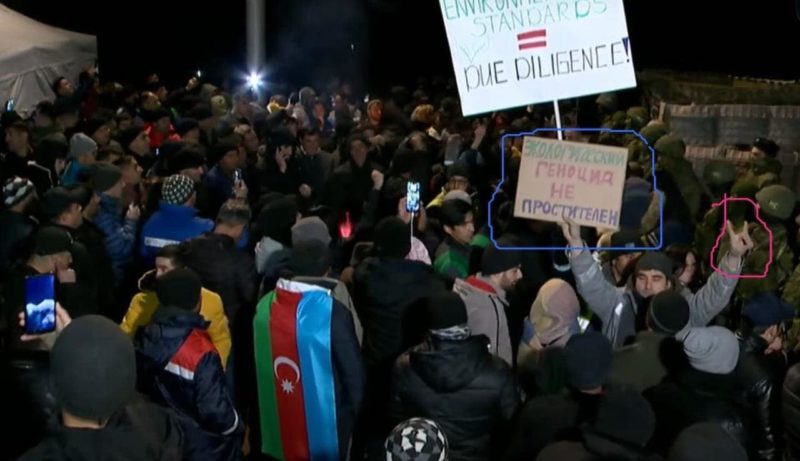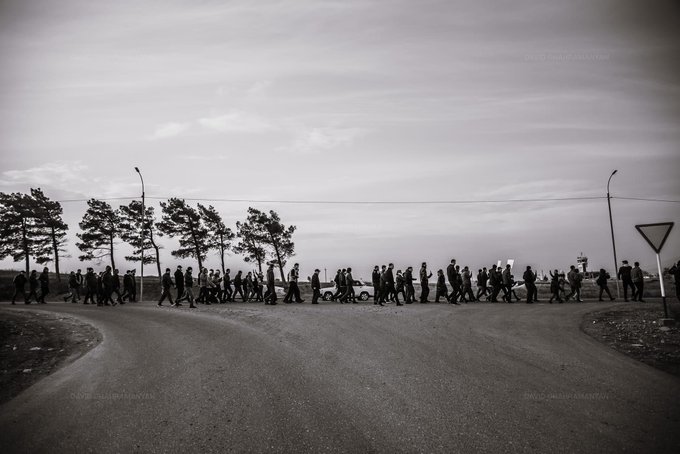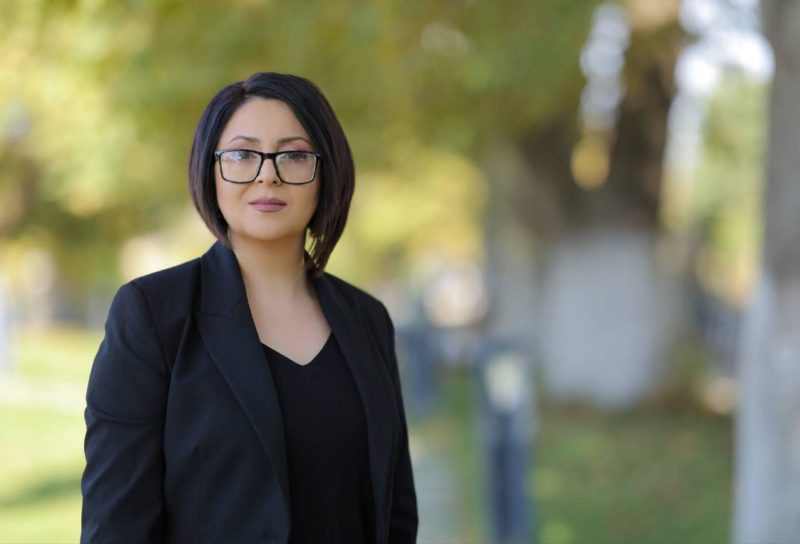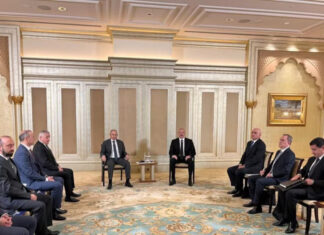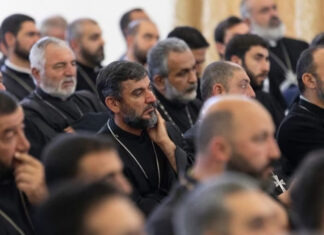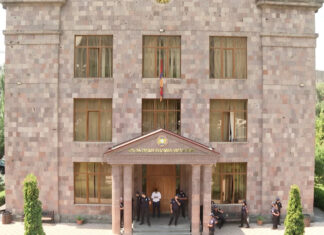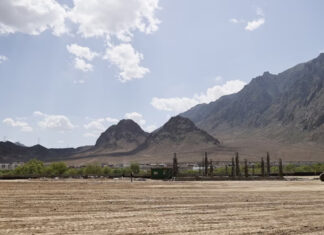By Nelly Baghdasaryan
Special to the Mirror-Spectator
If the Lachin corridor is a way of life for the self-proclaimed Nagorno-Karabakh Republic (NKR), the only way of communication with the outside world, then for Azerbaijan it is a political playing card.
After the trilateral agreement of the Russian Federation, the Republic of Armenia and Azerbaijan of November 9, 2020, Azerbaijan is pursuing a policy of “creeping occupation” with respect to the remaining 3,000 square kilometers of the territory of the Nagorno-Karabakh Republic (before the 2020 war, the territory of the Nagorno-Karabakh Republic was 12 thousand square kilometers), which was expressed in periodic violations of the truce, local military escalation, minor territorial occupations, information terrorism, acts of killing civilians. During and after the escalation of August 1-3, 2022, provoked by Azerbaijan, it was clear that Azerbaijan would work against the self-proclaimed Nagorno-Karabakh Republic, using the Lachin corridor as a playing card.
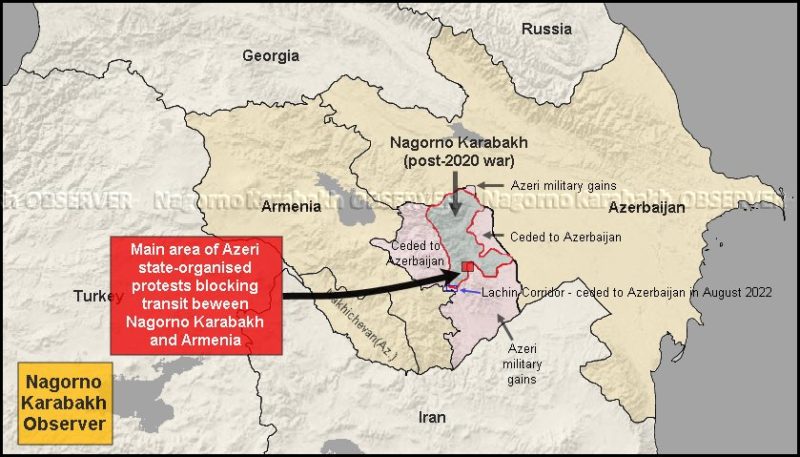
The phases and directions of the Azerbaijani information policy that prepared the blocking of the Lachin corridor by Azerbaijan were as follows: Starting from March 2022, and then from October-November, the Azerbaijani side has periodically spread deception that the Armenian side allegedly imports weapons through the Lachin corridor; At the same time, after November 20th, the Azerbaijani Defense Army periodically spread deception that the self-defense forces of the self-proclaimed Nagorno-Karabakh Republic were allegedly shooting in the direction of the Azerbaijani positions of Shushi; In late November and early December, the Azerbaijani side also applied another false thesis, according to which the commander of the Russian peacekeeping forces in Nagorno-Karabakh, A. Volkov, and the newly appointed State Minister of the self-proclaimed Nagorno-Karabakh Republic, Ruben Vardanyan, allegedly “illegally” exploited the Kashen gold deposit of the Martakert region of Nagorno-Karabakh.
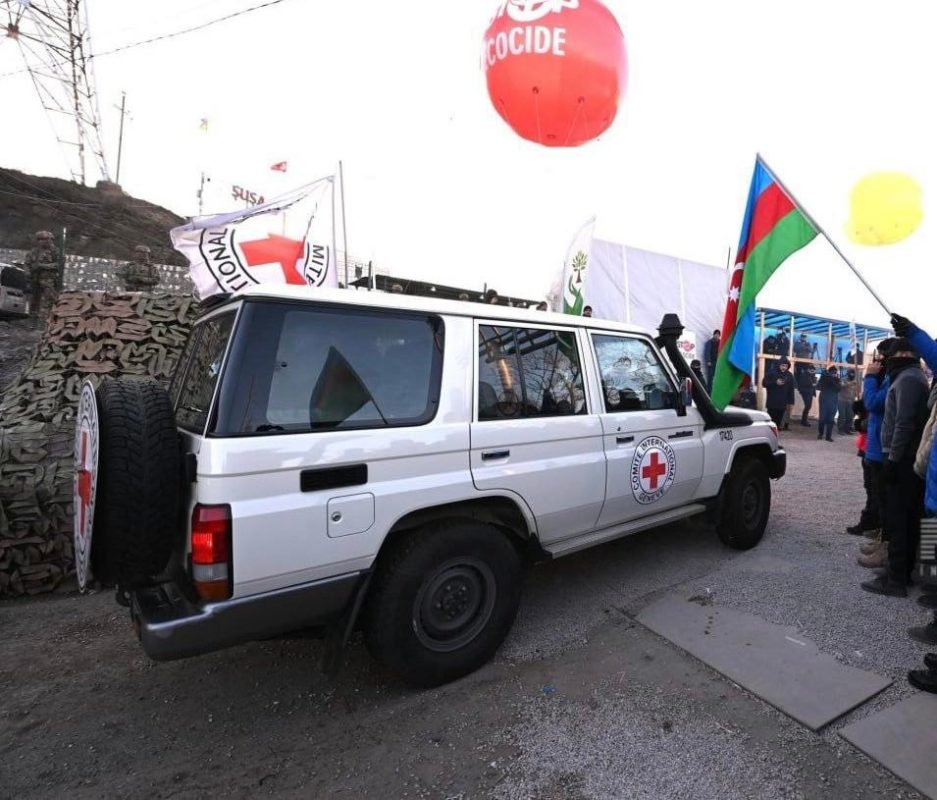
There was no doubt that Azerbaijan was preparing a major provocation in the direction of the Lachin corridor on the basis of this false information. On December 3, a group of Azerbaijani so-called “eco-activists” closed the Lachin corridor. The so-called “eco-activists,” and in fact, under their name, former and current representatives of the security services or the armed forces of Azerbaijan, and members of state-funded public organizations, obeying a clear state decree, demanded to stop the so-called “illegal” exploitation of minerals on the territory of Nagorno-Karabakh, which allegedly led to environmental and other disasters. Clarifications of the further events are presented in the statement of the President of the self-proclaimed Nagorno-Karabakh Republic, Araik Harutyunyan, dated December 23: “As for the Azerbaijani side’s demand to visit the Kashen field, the reality is that on December 3 this year, having blocked the only road connecting Artsakh with Armenia for the first time, Azerbaijan, through Russian peacekeepers, handed over written proposals to the Artsakh authorities that had little to do with environmental problems and were absolutely unacceptable for Artsakh.” Araik Harutyunyan also stressed the constructiveness of the NKR authorities, noting that “the Artsakh side has shown a constructive approach by transmitting through the peacekeepers to the Azerbaijani side those proposals for which they will be ready to allow the visit of environmentalists to the field. Azerbaijan did not implement the agreement, and consequently did not enter the field. After that, it began a long-term road closure, not only creating serious humanitarian problems for 120,000 residents of Artsakh, but also grossly violating numerous norms of international law and the provisions of the trilateral statement of November 9, 2020.” It is also important that the authorities of the self-proclaimed NKR appealed to the UN within the framework of the Environment Program (UNEP) with a request to send an international monitoring group to the territory of the NKR and adjacent territories.
